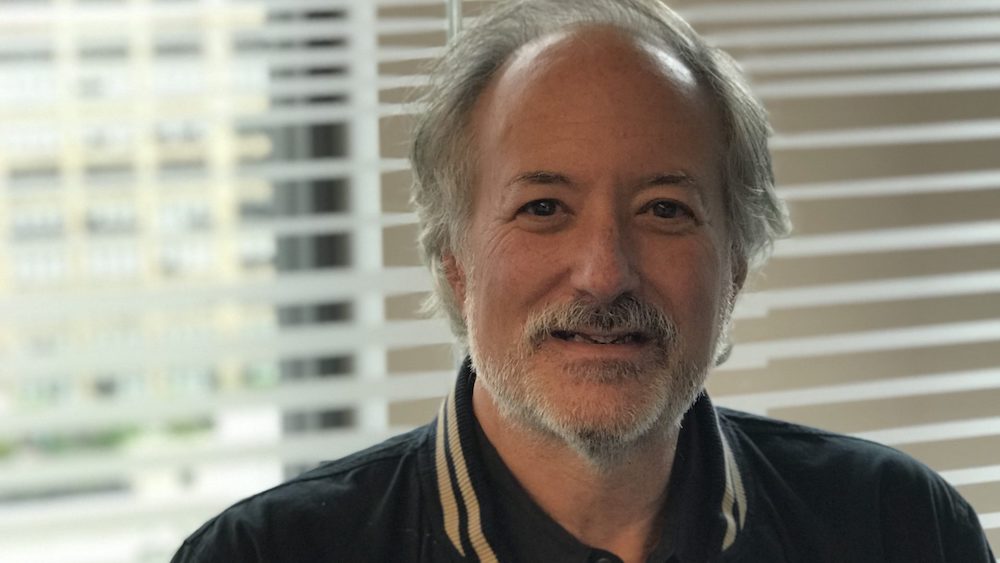This piece was written by DeVito/Verdi’s CEO, Ellis Verdi.

Typically a lot of marketing work was done in service of discovering a tagline that summed up the entire brand in a few words. We should ask ourselves if a tagline is as important in our new media/marketing environment? Many say no. The best work today has messages comprised of real life ‘hacking’ of society, long form entertainment to a :06 video unit. If all the brands marketing efforts deliver greater interest and persuades people to react and act on behalf of their business, do marketers need to spend additional money and effort in support of having anyone recall a tagline?
It used to be that all advertising was presented to consumers in a few specific formats which included a lot of waste. Therefore it was argued that at a minimum they should remember something. There was always room purposely left for a tagline. In today’s marketing environment we are closer to selling—both in where and who we are targeting. We don’t need consumers to remember a line as much anymore. At the same time however we as advertisers need to connect all this potentially disparate marketing material to get maximum impact.
Therefore, a more popular means of connecting all communications is the ‘voice’ of the advertiser—what does the company sound like if they were talking to you—what makes the way they are saying or presenting themselves different? Unique?
For example, unlike other more-typical efforts in hospital and other category advertising that might regard the tagline as a unifying element, we took a unique approach and considered the ‘voice of Mount Sinai’ as the central, most important campaign element.
We believe that if a tagline is used it could be viewed as an additional element that purposely adds something for that particular piece of communications and isn’t required in all efforts. And branding exercises that focus on this communications element first and foremost become costly endeavors that often miss the mark and end up resulting in something that has little benefit in the end.
